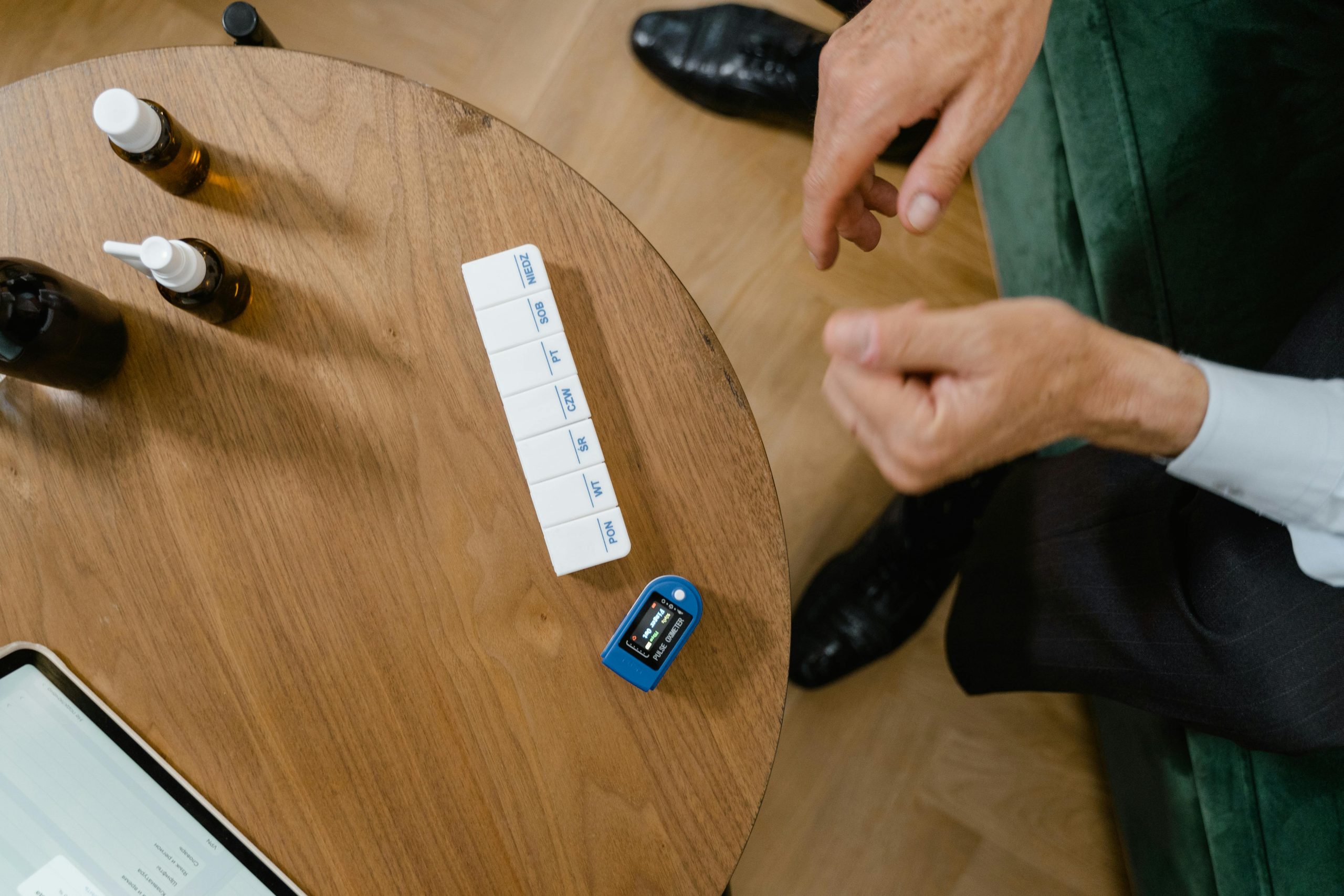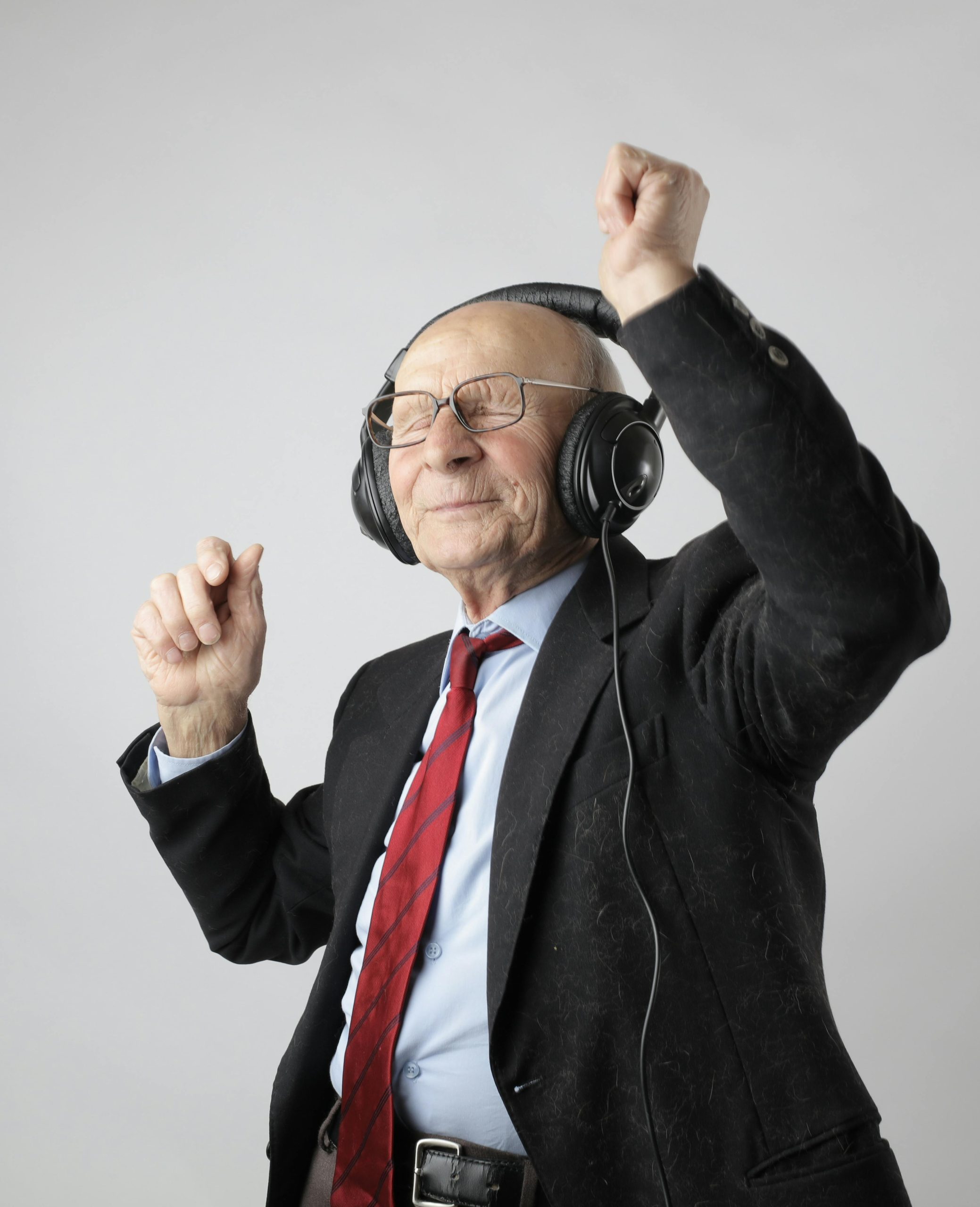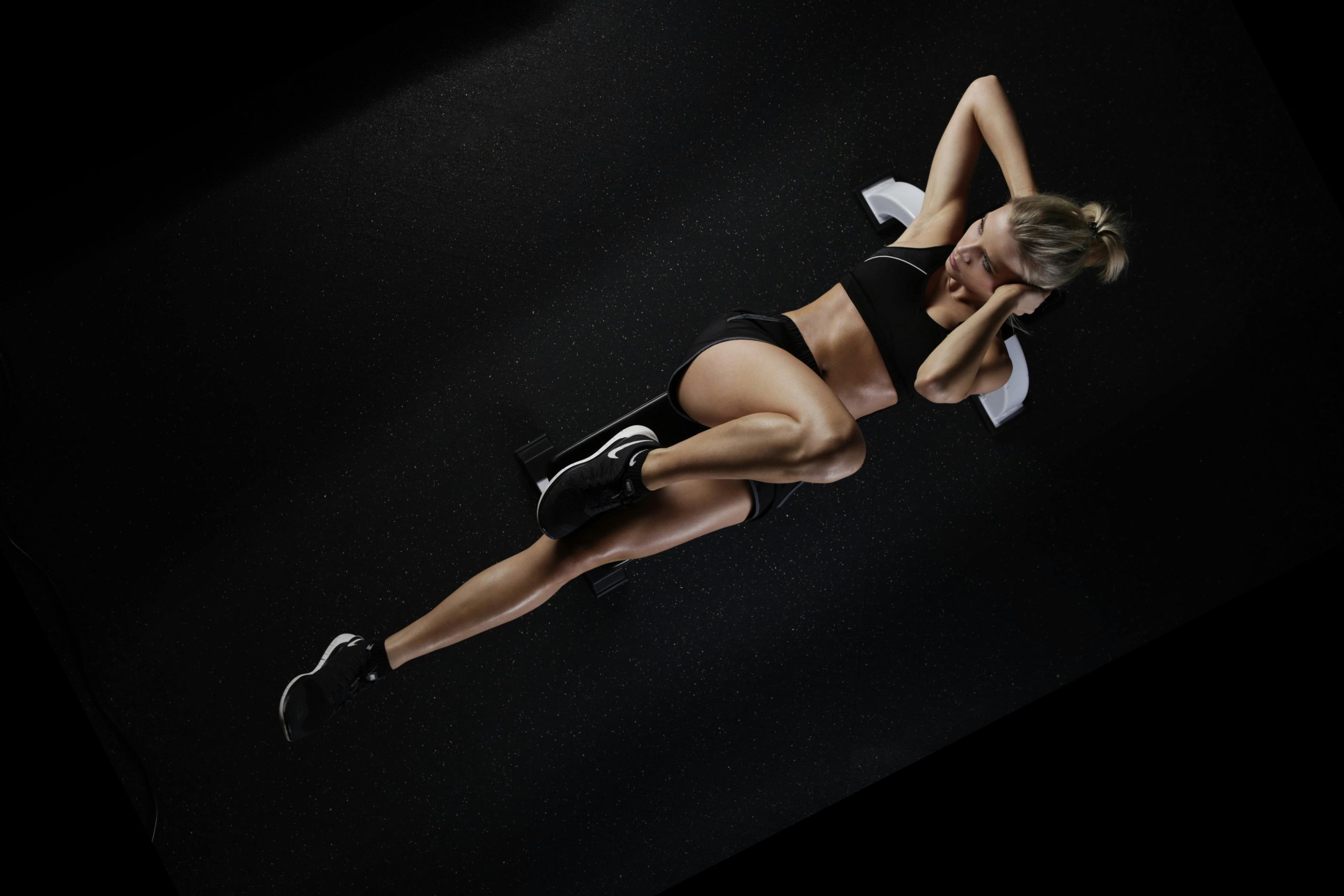Fitness is a lifelong journey that evolves with age, encompassing physical, mental, and emotional well-being at every stage of life. While exercise is essential for health and vitality regardless of age, the types of workouts and fitness goals may vary depending on individual needs and life stages. In this article, we’ll explore how to tailor workouts to different age groups, ensuring that everyone can enjoy the benefits of physical activity throughout their lives.

- Childhood and Adolescence (Ages 5-18):
- Focus on developing fundamental movement skills, coordination, and motor skills through play, sports, and recreational activities.
- Encourage participation in a variety of activities, including team sports, swimming, dance, martial arts, and gymnastics, to promote physical literacy and social interaction.
- Young Adulthood (Ages 18-30):
- Emphasize strength training, cardiovascular exercise, and flexibility training to build a strong foundation for lifelong fitness.
- Incorporate activities that promote stress relief, such as yoga, Pilates, and mindfulness practices, to support mental and emotional well-being during the transition to adulthood.
- Adulthood (Ages 30-50):
- Prioritize functional fitness exercises that improve strength, mobility, and endurance to support daily activities and prevent age-related decline.
- Include activities that promote bone health, such as weight-bearing exercises and resistance training, to reduce the risk of osteoporosis and maintain muscle mass.
- Middle Age (Ages 50-65):
- Focus on maintaining flexibility, balance, and joint mobility through activities like yoga, Tai Chi, and gentle stretching routines.
- Incorporate low-impact cardiovascular exercises, such as walking, swimming, or cycling, to improve heart health and manage weight.
- Older Adulthood (Ages 65+):
- Emphasize exercises that improve functional fitness, such as chair yoga, seated strength training, and water aerobics, to support independence and mobility.
- Include balance and coordination exercises to reduce the risk of falls and enhance stability and confidence in daily activities.
- Seniors (Ages 80+):
- Focus on gentle, low-impact exercises that promote joint health and flexibility, such as gentle stretching, Tai Chi, and Qi Gong.
- Encourage social interaction and community engagement through group fitness classes, walking clubs, and recreational activities tailored to older adults.
Fitness is a lifelong journey that evolves with age, and it’s never too late to start or adapt a fitness routine to meet changing needs and abilities. By tailoring workouts to different life stages and individual preferences, everyone can enjoy the benefits of physical activity and maintain health, vitality, and quality of life throughout their lives. Whether you’re a child, young adult, middle-aged individual, or senior, there are endless opportunities to stay active, healthy, and engaged at every age.














